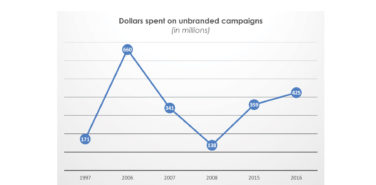As the new year begins, you might want to stop and think about the reputation you have at work. You can do some reflecting and figure out how you rate with the people around you every day: Your boss, your colleagues, your internal and external customers. I find this to be a useful self-development and career management exercise.
In the book, 7 Habits of Highly Effective People, Stephen Covey suggests that we all have emotional bank accounts with all of the people we come into contact with regularly. He suggests that we make regular deposits into these emotional bank accounts, so that when we need to make a withdrawal, we will have the emotional capital to not overdraw our account.
This is all well and good. However, it can be difficult to get a clear picture of where you stand with people. That’s where my R.A.T.E. model comes in.
- R stands for Responsiveness
- A stands for Assurance
- T stands for Tangibles
- E stands for Empathy
These four factors can give you a pretty good idea of how the people around you rate you. To get a feel for how your rating is in general, ask yourself some questions.
Responsiveness: Do people see you as someone who is willing to help, someone who understands what needs to be done and is willing to do it? Do they see you as someone who will give them what they want, when they want it, and in a manner in which they can use it?
Assurance: Do you convey trust and confidence? Do people believe you will deliver on promises you make? Are you knowledgeable about the people with whom you work? Are you clear on what you can offer them to help them meet their goals and company goals?
Tangibles: Do you get things done? Do you get results? Do you meet your goals? Do you contribute to the work and success of teams of which you are a member? Can people count on you to get your work done in a high-quality and timely manner?
Empathy: Do people see you as someone who understands, cares about, and pays attention to their wants and needs?
If you notice, only one of these four factors—tangibles—is about what you actually do or accomplish. The other three are emotional measures by which people judge you. These emotional measures are as important as the tangibles you deliver. While you have to deliver on the tangibles, you also have to pay attention to the other three factors of the model if you’re going to be consistently rated highly by the people with whom you work.
We are all emotional beings. We tend to judge others through the lens of our emotions. The point here is quite simple. If you want to be rated highly by the people with whom you work, you have to do more than merely deliver results, the tangibles. You have to demonstrate that you are responsive to people and their needs, convey trust and confidence, and understand and care about others’ wants and needs.
Happy New Year. I hope you flourish in 2018.








